Agmatine-based pain treatment avoids opioid addiction
The search for better analgesics has focused on non-addictive alternatives. Agmatine, the decarboxylated product of arginine, is a potential candidate for novel therapeutics.
Currently, over 100 million adults in the United States experience chronic pain, highlighting a significant clinical need. However, there are limited options for safe and efficacious treatments for patients experiencing chronic pain despite years of research on different therapeutics. Opioids are the gold standard treatment for chronic pain, but these medications have significant addiction and tolerance side effects associated with the exploding opioid abuse epidemic. Together there is need for new interventions with superior analgesic properties and limited undesirable side effects.
Agmatine has previously been shown to reduce chronic pain and block opioid tolerance and dependence. However, agmatine is a highly polar molecule and thus is not conducive to delivery across the blood brain barrier itself. Therefore, the current technology aims to deliver strategically substituted agmatine (SSA) molecules systemically that can cross the blood brain barrier more readily and allow for chronic pain reduction.
Based on compelling pre-clinical data, these SSAs could be used in cases of neuropathic pain, opioid addiction and opioid analgesic tolerance.
Features/Benefits
- Non-addictive: Blocks opioid tolerance and dependence.
- Reverses chronic pain: Decreases pain associated with inflammation and nerve injury.
- Permeates the blood-brain barrier and readily achieves a potent analgesic effect.
Applications
- Inflammatory pain
- Neuropathic pain
- Spinal cord injury
